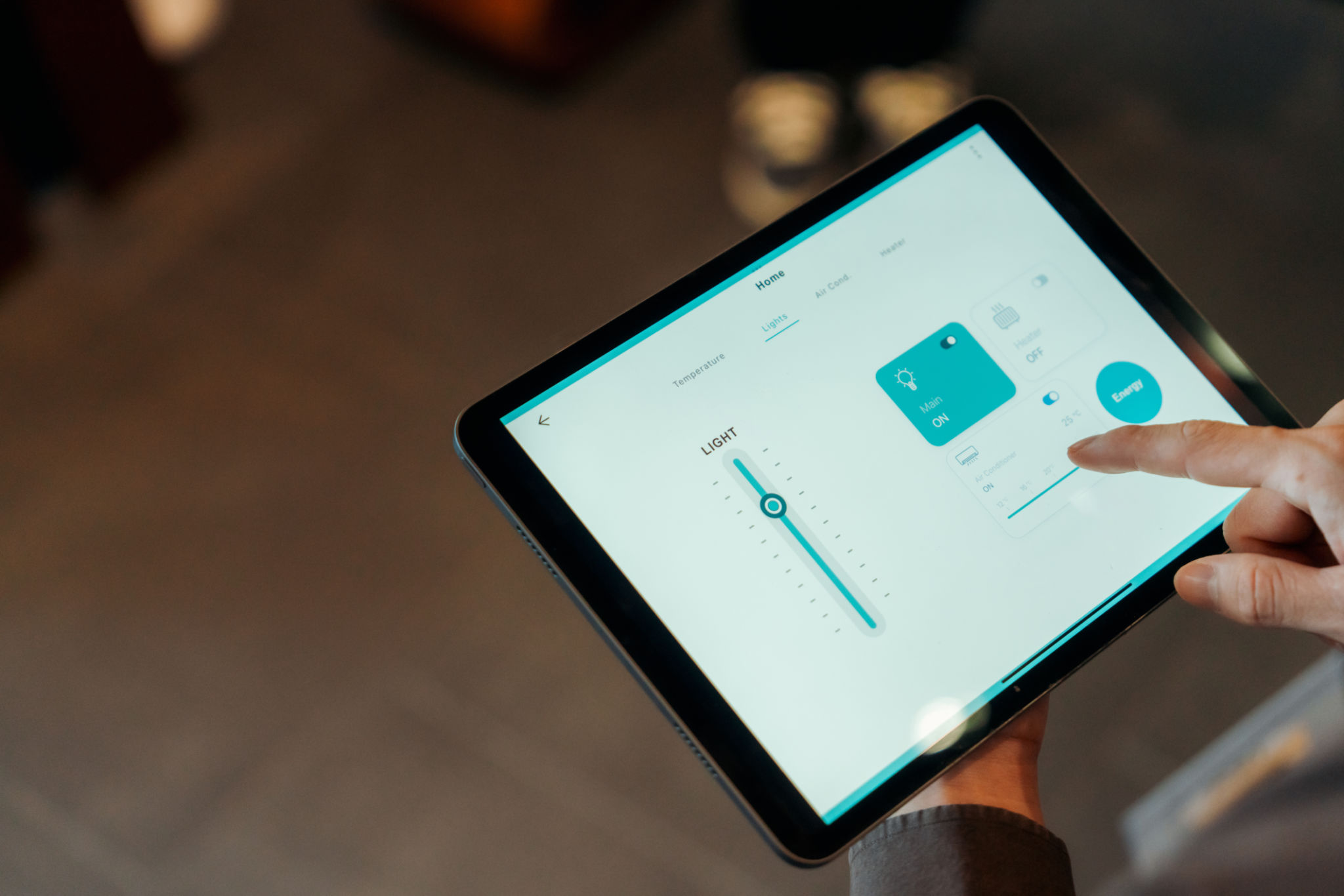Hotel Revenue Management: Tools and Techniques
Ha
Understanding Hotel Revenue Management
Hotel Revenue Management is a crucial strategy for maximizing the profits and efficiency of hotel operations. It involves using various tools and techniques to predict consumer behavior, optimize product availability, and adjust pricing to maximize revenue growth. This practice is essential for ensuring that hotels maintain a competitive edge in a dynamic market. By leveraging data and analytics, revenue managers can make informed decisions that enhance profitability.
Effective revenue management requires a deep understanding of market trends, consumer preferences, and the competitive landscape. By analyzing these factors, hotels can implement pricing strategies that align with customer demand and seasonal fluctuations. The ultimate goal is to sell the right room to the right customer at the right time and price.

Key Tools in Hotel Revenue Management
A variety of tools are available to assist hotel managers in optimizing their revenue strategies. Some of the most commonly used tools include:
- Property Management Systems (PMS): These systems handle day-to-day operations of a hotel, including reservations, check-ins, and check-outs, which are critical for gathering data that supports revenue management.
- Revenue Management Software (RMS): This software helps in analyzing data and providing insights into pricing strategies, demand forecasting, and inventory management.
- Channel Managers: These tools allow hotels to manage multiple distribution channels simultaneously, ensuring consistent pricing and availability across platforms.
Utilizing these tools effectively enables hotels to streamline operations, minimize errors, and implement data-driven strategies to boost revenue.

Techniques for Maximizing Revenue
Dynamic Pricing
Dynamic pricing is a technique where room rates are adjusted in real-time based on current market demand and supply conditions. This approach allows hotels to capitalize on peak periods by increasing prices when demand is high while offering discounts during low-demand periods to attract more guests.
Overbooking Strategy
Overbooking is another technique used to maximize occupancy rates. Since cancellations and no-shows are common in the hotel industry, overbooking helps ensure that rooms are filled despite these uncertainties. However, it requires careful management to avoid guest dissatisfaction due to unavailable rooms.

The Role of Data Analytics
Data analytics plays a critical role in hotel revenue management. By analyzing historical booking data, market trends, and customer feedback, hotels can gain valuable insights into consumer behavior. This information can guide pricing decisions, marketing campaigns, and service improvements.
Advanced analytics also enables predictive modeling, which forecasts future demand patterns. These predictions are instrumental in planning long-term strategies and making real-time adjustments to pricing and inventory management.
Conclusion
Hotel Revenue Management is an integral part of running a successful hotel business. By employing effective tools and techniques, hoteliers can enhance their decision-making processes and optimize their revenue potential. As technology continues to evolve, the adoption of advanced analytics and dynamic pricing strategies will become increasingly important for maintaining competitiveness in the hospitality industry.
